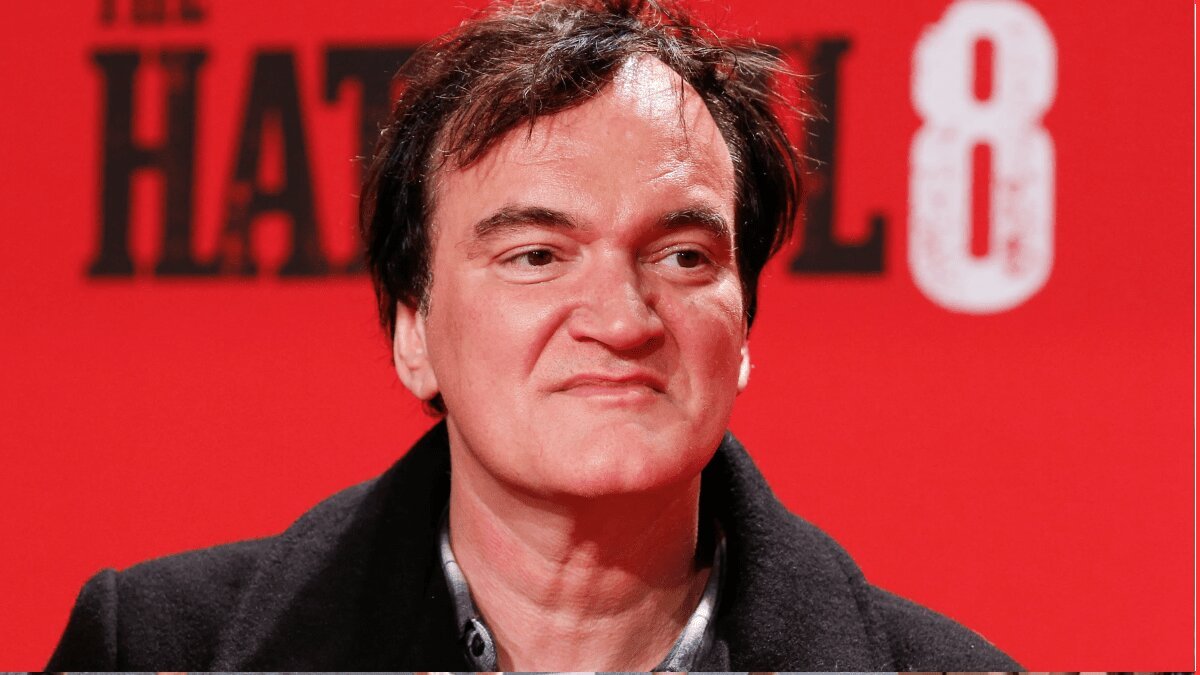Quentin Tarantino has always been known for his distinct directorial style, but when it came to the sequel to Once Upon a Time in Hollywood, he opted to sit this one out. In a recent interview on The Church of Tarantino podcast, the acclaimed filmmaker revealed he declined the director’s chair not out of disinterest in the story, but because he felt the project retraced familiar territory—a direction he found too predictable for what he hopes will be his final chapter. Instead, he entrusted the script to equally respected director David Fincher, allowing him to explore bold, uncharted cinematic paths.
1. “It Just Unenthused Me”
Tarantino confessed that returning to his own creation felt creative stifling. “I love this script,” he affirmed, but added, “I’m still walking down the same ground I’ve already walked. It just kind of unenthused me.” For Tarantino’s tenth and possibly final film, he emphasized the importance of venturing into unknown territory.
2. A Vote of Confidence in Fincher
Despite stepping back, Tarantino was enthusiastic about the choice of director. He called David Fincher one of “the two best directors,” expressing that Fincher’s commitment to adapting his work spoke volumes about the script’s quality.
3. Introducing The Adventures of Cliff Booth
The sequel, titled The Adventures of Cliff Booth, follows Brad Pitt’s character in 1977, eight years after the events of the original. Filming is now underway and Netflix will distribute the film, which includes a notable ensemble cast.
4. Context: The “10-Movie Rule” and Creative Freedom
Tarantino has long maintained that he would retire after directing ten films. He’s already reached that threshold with Once Upon a Time in Hollywood. Stepping aside allows him to keep that promise while pursuing fresh creative outlets—like his stage play or another, completely new final film.
5. Industry Reactions & Legacy Reflections
Industry figures were surprised by Tarantino’s choice. Fellow director Steven Soderbergh confirmed the sequel is real and noted fans were stunned by Tarantino’s willingness to hand over his story. Tarantino’s decision opens space for renewed creativity, leaving his legacy on his own terms.
Conclusion
Quentin Tarantino’s decision not to direct The Adventures of Cliff Booth is more than a creative pivot—it’s a statement of artistic intent. By passing the directorial torch to David Fincher, Tarantino honors his own legacy while opening space for new possibilities. He loved the story, but he no longer wants comfort in familiarity at the end of his directing journey. As he charts unknown territory with his final project, this deliberate choice underscores his dedication to evolution over repetition—and reminds audiences that the best conclusions are those defined by daring, not mere closure.


